Amorgos Fishermen Take the Lead: The Grassroots Plan That Could Save the Mediterranean from Overfishing
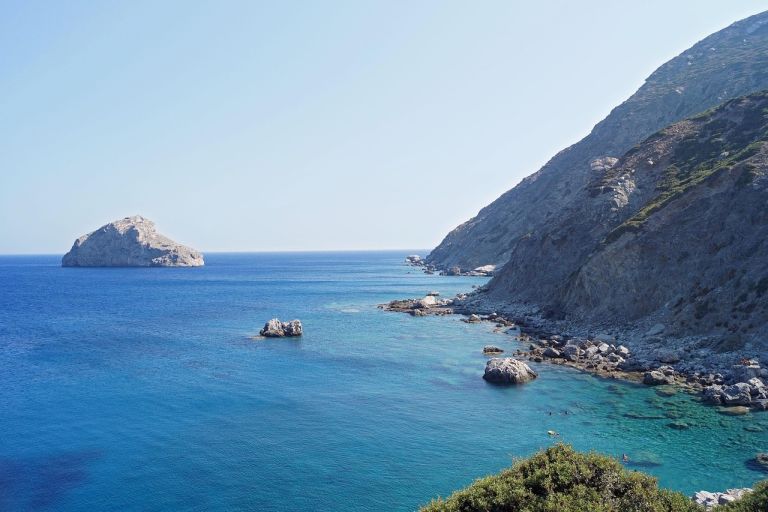
Πηγή Φωτογραφίας: pixabay//ft//Amorgos Fishermen Take the Lead: The Grassroots Plan That Could Save the Mediterranean from Overfishing
In the quiet Aegean waters surrounding the Greek island of Amorgos, a group of small-scale fishermen is quietly launching one of the most ambitious marine conservation efforts in the Mediterranean.
In a recent feature, Financial Times praised the island’s fishermen for taking environmental protection into their own hands—years before Greece’s official marine park initiative was announced.
“Like much of the Mediterranean, the waters around Amorgos have seen a sharp drop in fish stocks over the last decade,” writes journalist Eleni Varvitsiotis, noting that rising sea temperatures, overfishing, and ecosystem degradationhave hit the region hard.
Fisherman Giannis Psakis told FT: “We’ve seen more than a 50% drop overall, and for species like lobster, over 80%.”
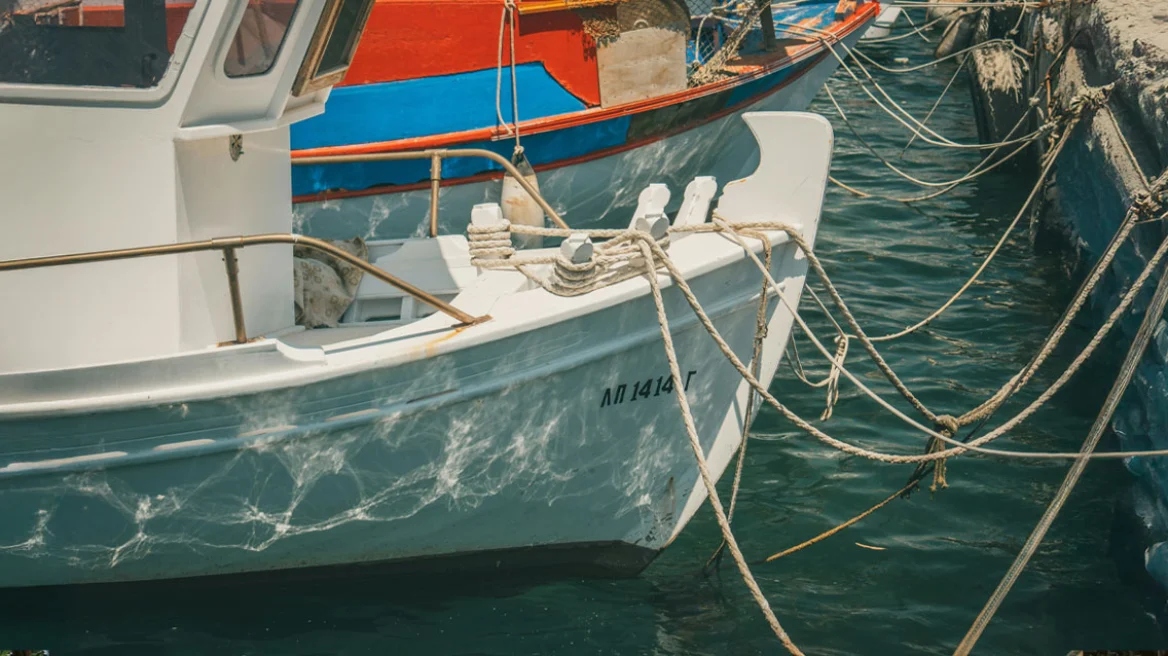
The Four-Pillar Plan
The Amorgos fishermen’s initiative began in 2014, long before marine protection became a policy talking point. Their proposal is built on four main pillars:
- A two-month fishing ban during spawning season,
- Three designated marine protected zones,
- Use of sustainable fishing gear,
- Volunteer-led coastal and seabed clean-ups during the closed season (April–May).
“The hardest part was agreeing to close off fishing areas,” Psakis admits. “There was skepticism, but we discussed it collectively and made a decision together.”
The plan represents a unique form of self-regulation, developed not in government offices, but through informal talks between the 44 members of the island’s fishing union.
Science Confirms the Local Wisdom
In 2022, the Agricultural University of Athens launched a two-year field study to assess the plan’s ecological viability. The study confirmed that the designated zones included dense Posidonia seagrass meadows, which are crucial breeding grounds for marine life.
“The data validated the fishermen’s proposals,” said marine biologist Stefanos Kalogirou, who led the study. “The real challenge is that many public institutions hesitate to support innovative ideas. The Amorgorama team faced enormous resistance before gaining momentum.”
Δείτε αυτή τη δημοσίευση στο Instagram.Η δημοσίευση κοινοποιήθηκε από το χρήστη 📍Amorgos, Greece 🇬🇷 (@amorgos_island)
Waiting for Approval – and a Law to Make it Work
According to FT, a ministerial decision to formally adopt the plan is expected by the end of the month, with full enforcement set for April 2026. The program includes GPS tracking of fishing vessels and a five-year monitoring period.
Still, uncertainty remains.
“If it doesn’t become law, nothing will change. Greeks need an incentive. I may stop fishing, but what stops a boat from Koufonissi from coming?” warns Psakis.
Michalis Kroesman, the 65-year-old president of the local fishing union, adds: “Marine protected areas are the only way forward. If we want a future for our children, something has to change.”
A Model for the Mediterranean?
Though the financial reality is harsh—“You can’t make a living anymore. We used to build a new house every two years; now we can’t even feed our families,” Psakis admits—the spirit of collaboration remains strong.
“There’s joy in seeing a clean beach,” he adds, pointing to the emotional and communal value of conservation.
If approved, Amorgos will be home to the Aegean’s first official fishing refuge—a grassroots, science-backed model that could transform the future of Mediterranean fisheries. All eyes now turn to Athens.
Δείτε αυτή τη δημοσίευση στο Instagram.Η δημοσίευση κοινοποιήθηκε από το χρήστη 📍Amorgos, Greece 🇬🇷 (@amorgos_island)
Source: pagenews.gr
Διαβάστε όλες τις τελευταίες Ειδήσεις από την Ελλάδα και τον Κόσμο


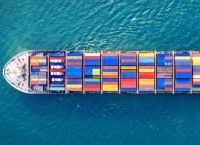
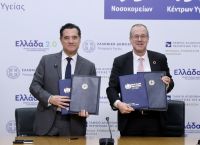

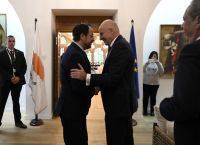
Το σχόλιο σας